Education in Emerging India: Teachers' Role in society
The book attempts to analyse the role of education in bringing about a peaceful and silent revolution for ushering in an era of harmony, peace, progress and prosperity in India. Various emerging problems of education in India are discussed in their philosophical, sociological and global perspectives. The special focus of this publication is on the realization of the aspirations, ideals and values as enshrined in the constitution of India and the vital role of education in this task. Role of education in population planning, conservation, protection and promotion of environment, eradicating poverty and generating employment, and strengthening emotional and national integration is suitably highlighted.
Contents: Preface. 1. Education : nature and meaning. 2. Objectives of education in relation to time and place. 3. Rousseau (1712-1778). 4. John Henrich Pestalozzi (1746-1827). 5. John Dewey (1857-1950). 6. Bertrand Russell (1872-1970). 7. Indian thought and its contribution to educational practices. 8. Philosophy and education: significance of studying philosophy in understanding educational practices and problems. 9. Realism with reference to Aristotle and Jainism. 10. Naturalism with reference to Rousseau and Rabindranath Tagore. 11. Idealism with reference to Plato, Socrates and Advaita philosophy. 12. Pragmatism with reference to Dewey's instrumentalism and experimentalism. 13. Humanism: historical, scientific and Buddhism. 14. Child-centred education: concept of a learner with reference to Giju Bhai. 15. Mahatma Gandhi (1869-1948): basic tenets of basic education. 16. Gijubhai and 'world of children' (1885-1939). 17. Swami Vivekananda (1863-1902): man-making education. 18. Sri Aurobindo Ghose (1872-1950): integral education: its basic principles and stages. 19. Frederich August Froebel (1782-1852): the play-way method. 20. Maria Montessori (1870-1952): the didactic apparatus. 21. Indian constitution: directive principles and articles relating to education. 22. Secularism, social goals, democracy and socialist pattern of society. 23. National integration and emotional integration: economic planning. 24. Sociological basis of education. 25. Education and social change: education and national welfare, education and human resource development. 26. National integration, cultural heritage: contribution of different religions, religious festivals. 27. Meaning of a new social order: eradication of illiteracy, equality of opportunity. 28. Education of the disabled, eliminating gender bias, education of the minorities. 29. Distance education--green and clean society (environmental education). 30. Poverty less society through planning: population and available resources, new programmes. 31. Agencies of education. 32. Paramhansa Yogananda (1893-1952): philosophy and its impact on education.
Get it now and save 10%
BECOME A MEMBER

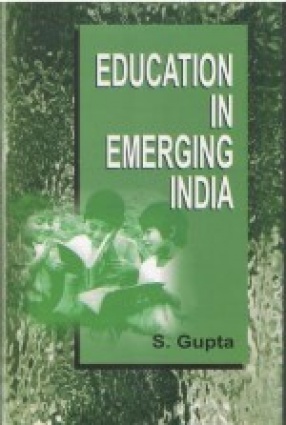


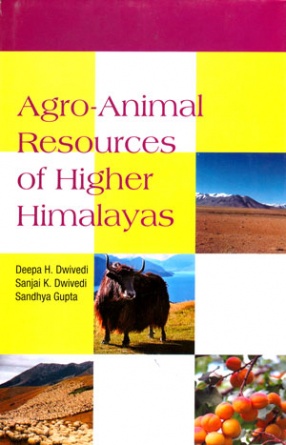
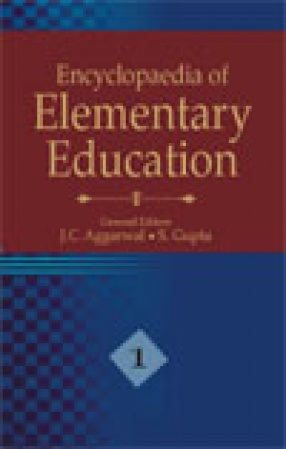
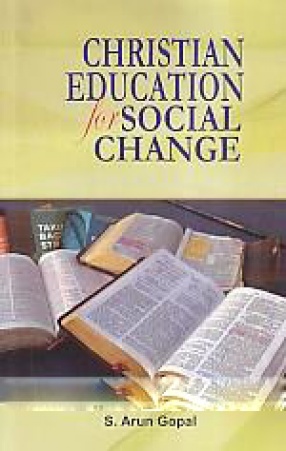
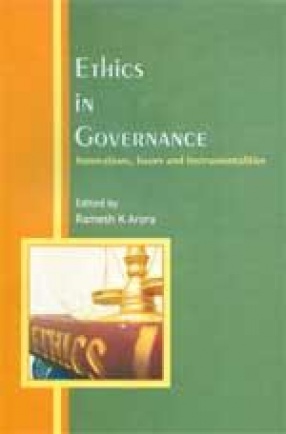
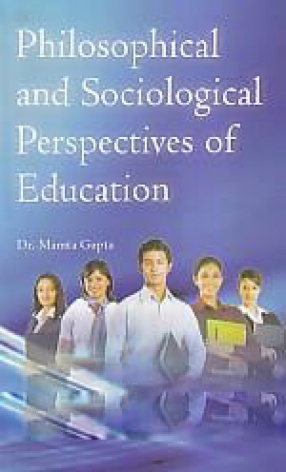
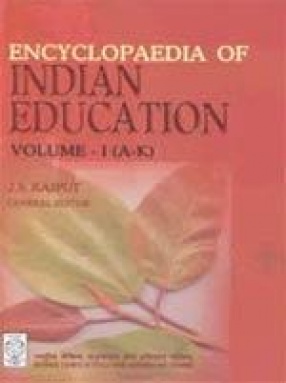

Bibliographic information